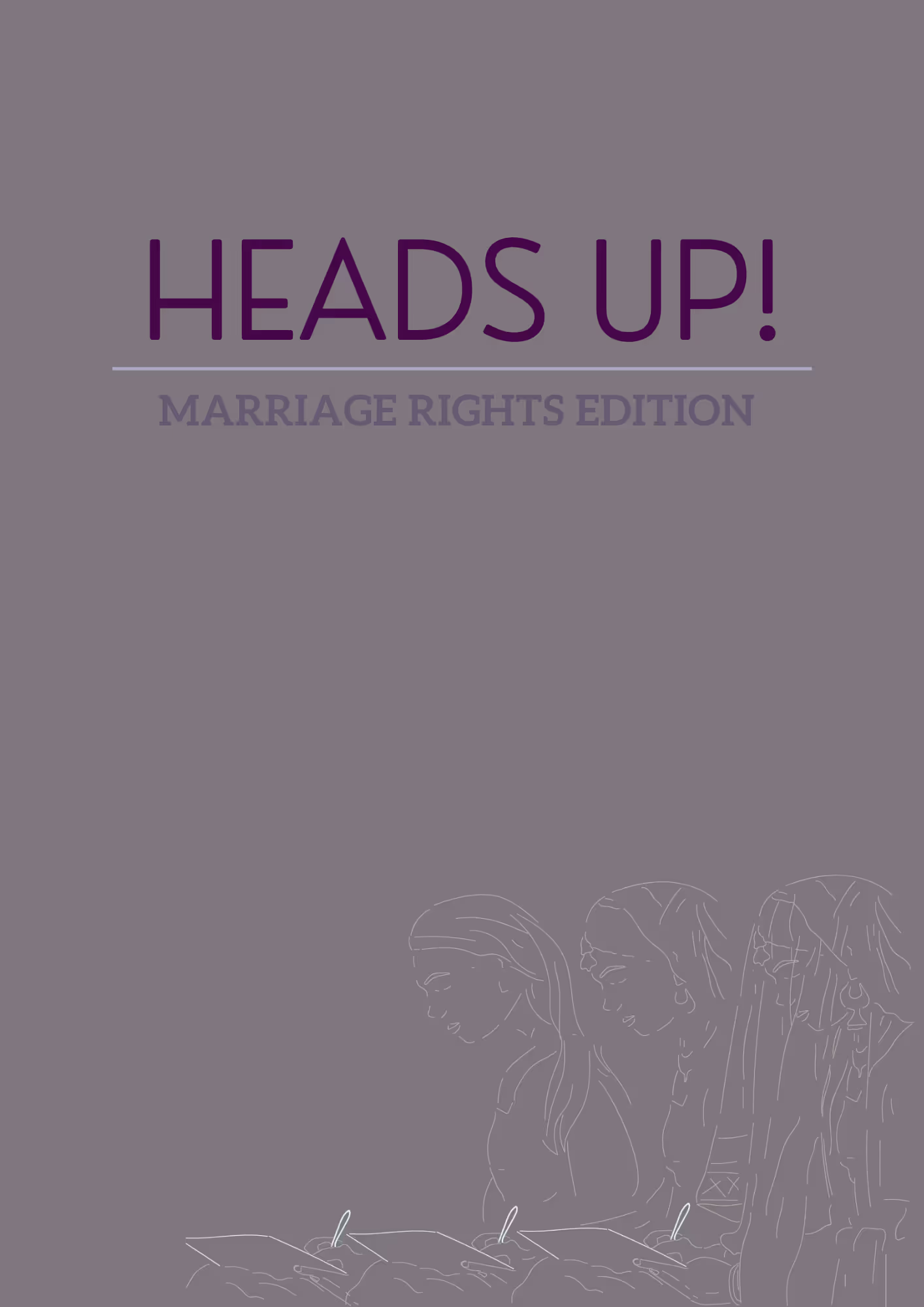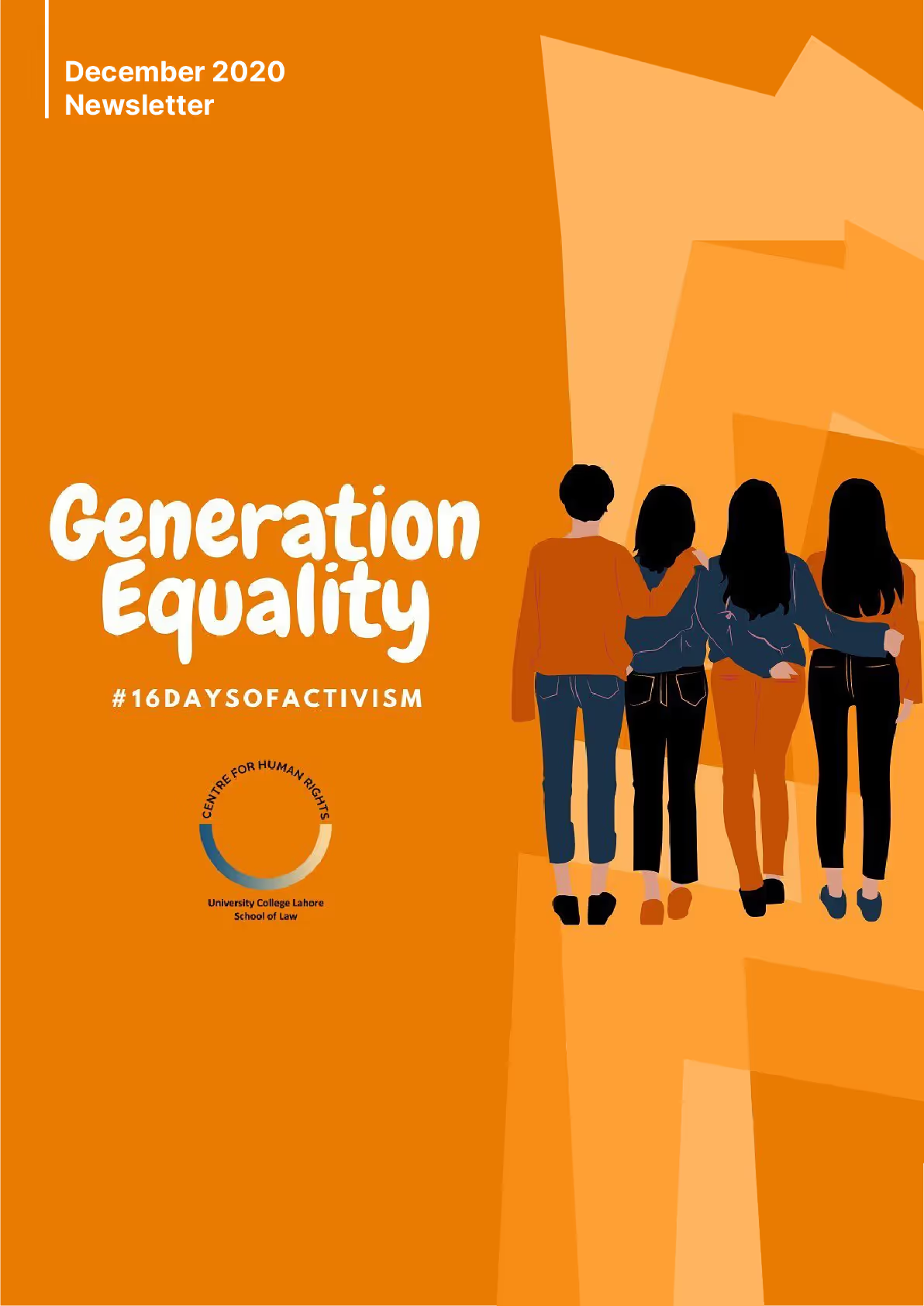
CFHR drives justice, equality, and systemic change through research, legal innovation, advocacy, and education.
Our work is rooted in five key focus areas:
- Governance, Peace and Security
- Human Rights and Social Justice
- Youth Engagement and Empowerment
- Climate Justice
- Technology and Artificial Intelligence.
We work to combat trafficking in persons, smuggling of migrants, and the illegal proliferation of firearms. At the same time, we promote fair trial rights and due process in Pakistan’s Anti-Terrorism Courts. Our efforts to advance human rights and social inclusion focus on issues such as gender-based violence, women’s marriage rights, transgender rights, refugee protection, and digital freedoms. Through legal aid, national campaigns, marriage rights clinics, a documentary, and a digital knowledge platform, we strive to protect and promote rights for all.
Our climate justice work examines how environmental challenges such as displacement and the impact of the 2022 floods affect vulnerable communities and the justice system. We advocate for rights-based, resilient solutions. Meanwhile, through our Institute for Responsible AI & Human Rights, we explore the intersection of technology and human rights, promoting ethical innovation that puts people first.
At CFHR, we believe knowledge fuels change. We have published eight volumes of the Human Rights Review, developed policy papers and research reports, launched award-winning campaigns, and supported legal fellows. Our clinical legal education programme, moot courts, and specialised trainings prepare the next generation of human rights defenders with the tools and experience they need to lead.
Across all areas, we collaborate with national and international partners to influence policy, strengthen legal protections, and empower communities. Our work is grounded in evidence, shaped by inclusion, and driven by a commitment to lasting impact.

Family Law Report on Women’s Marriage Rights in Pakistan
This report, a collaboration between the Centre for Human Rights and the American Bar Association Rule of Law Initiative, with support from Minto & Mirza, examines Pakistani laws affecting Muslim women's marriage rights. It clarifies ambiguities regarding divorce, custody, maintenance, and property, presenting case law concisely.

Strategic Litigation Report: Women’s Marriage Rights in Pakistan
The Centre for Human Rights and the American Bar Association Rule of Law Initiative collaborated on a report analyzing Pakistani marriage and family laws. This report, supported by Axis Law Chambers, identifies issues like inconsistent minimum marriage ages and weak women's financial rights post-divorce.

Diagnostic Study of Nikanama in Punjab: A Review of Women's Marriage Rights
This research assesses women's marriage rights in Punjab, focusing on the nikkahnama. The study analyzed 1,150 nikkahnamas, along with surveys and interviews to understand gaps impacting women's rights.

Fact Sheet: Diagnostic Study of Nikahnamas in Punjab
This Fact Sheet provides key insights from the Diagnostic Study of Nikkahnamas in Punjab: A Review of Women's Marriage Rights.
.avif)
Inter-Provincial Consultation on Women's Marriage Rights in Pakistan
CFHR, in collaboration with Musawi and ABA ROLI, hosted a national consultation in August 2023, uniting over 200 diverse stakeholders to address critical issues like minority women’s rights and family law barriers.

Algorithmic Decision-Making in Pakistan: A Challenge to Right to Equality & Non-Discrimination
This report examines AI risks in Pakistan, spotlighting algorithmic bias in automated systems that threaten constitutional equality. Analyzing how societal prejudices infiltrate AI, it proposes policy reforms to bridge legal gaps and ensure ethical governance.

Human Rights Review Vol VIII
This volume examines barriers to women's marriage rights in Pakistan, highlighting legal gaps, underage marriage, marital rape, and access to divorce.

Human Rights and Justice Clinic (2023-2024)
Students conducted 2023–24 research on climate displacement, urban wildlife loss, and voting barriers for marginalized communities across Punjab and beyond.
%20Report%20on%20Transgenders%27%20Access%20to%20Justice.avif)
Technical Assistance Needs Assessment (TANA) Report on Transgenders' Access to Justice
TANA assesses justice access barriers for transgender people in Sindh, offering data-driven insights and reforms to strengthen inclusion and accountability.

Know-Your-Rights Media Campaign
CFHR's Qabool Hai campaign aims to dispel myths about women's marriage rights through engaging social media content, empowering women and girls.

Ijaazat Campaign
Partnering with Generations Pakistan, CFHR launched the Ijaazat Campaign to empower women by raising awareness of Nikahnama marriage rights.

Nikahnama Cheat Sheet
CFHR’s Nikahnama Cheat Sheet is a concise visual tool from the Ijaazat Campaign, simplifying key marriage contract clauses for women’s awareness.

Nikahnama Checklist
CFHR’s Ijaazat Campaign offered a detailed checklist to empower women and families in navigating the Nikahnama process with confidence and clarity.

Women's Marriage Rights [Pocket Dictionary]
This pocket dictionary, created under the Ijaazat Campaign, simplifies legal terms to empower women in Pakistan with knowledge of their marriage rights.

Heads Up - Marriage Rights Edition
CFHR’s interactive game raises awareness of women’s marriage rights through engaging, team-based challenges in workshops and classrooms.

International Symposium on Women’s Marriage Rights in Pakistan
CFHR champions women’s marriage rights through research, legal aid, national advocacy, arts-based campaigns, and expert-led symposiums that drive reform.

Human Rights Review Vol VII
This volume explores key human rights challenges, from COVID-era rights violations to cyberwarfare laws, featuring diverse legal insights and global perspectives.

Global Climate Justice
This report, prepared for the Philippine Commission on Human Rights by the Centre for Human Rights, aids in developing a climate change curriculum and framework. It analyzes successful climate change litigation globally, focusing on landmark cases and the evolving role of climate science as legal evidence.

Marriage Rights Clinic (2022-23)
CFHR's Marriage Rights Clinic trains law students to uphold women's marriage rights in Pakistan, using Nikkahnama expertise & combating disinformation.

Human Rights Review Vol VI
This volume explores counter-terror laws, their human rights impact, and judicial oversight, highlighting tensions between security, nationalism, and civil liberties.

Bridging the Digital Divide during Covid-19: A Right to Internet Access and the Path Towards Sustainability in Education
CFHR’s research examines the critical need for internet access as a fundamental right in education, emphasizing the role of legal and policy frameworks in addressing digital inequality.

16 Days of Activism Against Gender-Based Violence 2021
In 2021, CFHR implemented a harassment policy at Universal College Lahore. Since 2019, CFHR has worked to create safe and inclusive educational institutions through policy reform, legal education, and community engagement.

Harassment, Bullying & Misconduct Policy
This template for educational Institutions helps to promote survivor-sensitive policies to prevent harassment, bullying, and misconduct through legal alignment in universities in Pakistan.

December 2020 16 Days of Activism
Dive in to see how we’re building a safer, more just Pakistan for all.

16 Days of Activism Against Gender-Based Violence 2020
In 2020, CFHR conducted impactful campaigns during the 16 Days of Activism Against GBV, focusing on bystander intervention, challenging gender stereotypes, and engaging men in gender equality. These initiatives aimed to foster safer communities and promote gender-sensitive discourse.
Local Action, Global Impact
We work across Pakistan, driving legal reform, advocacy, and policy change to protect human rights and empower communities.
